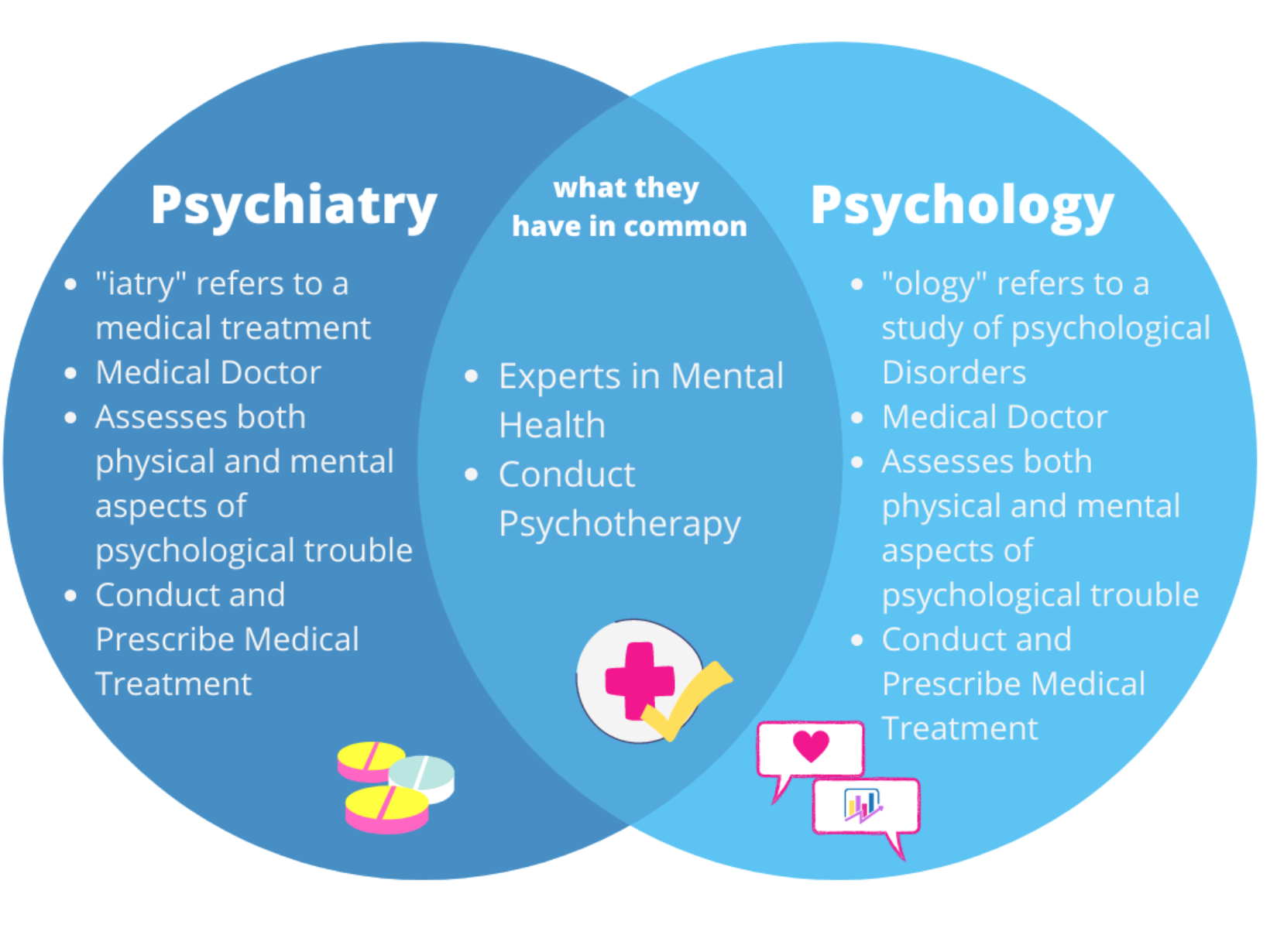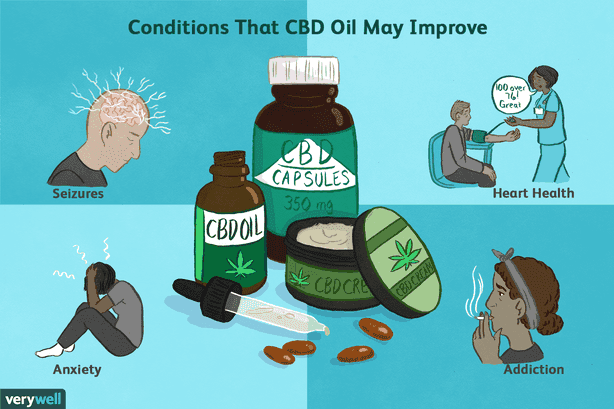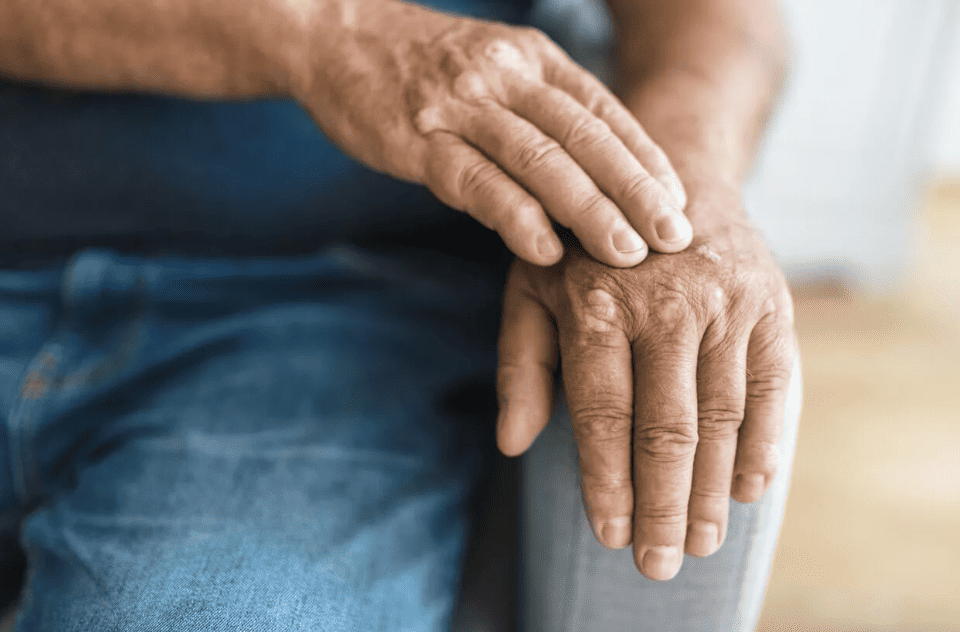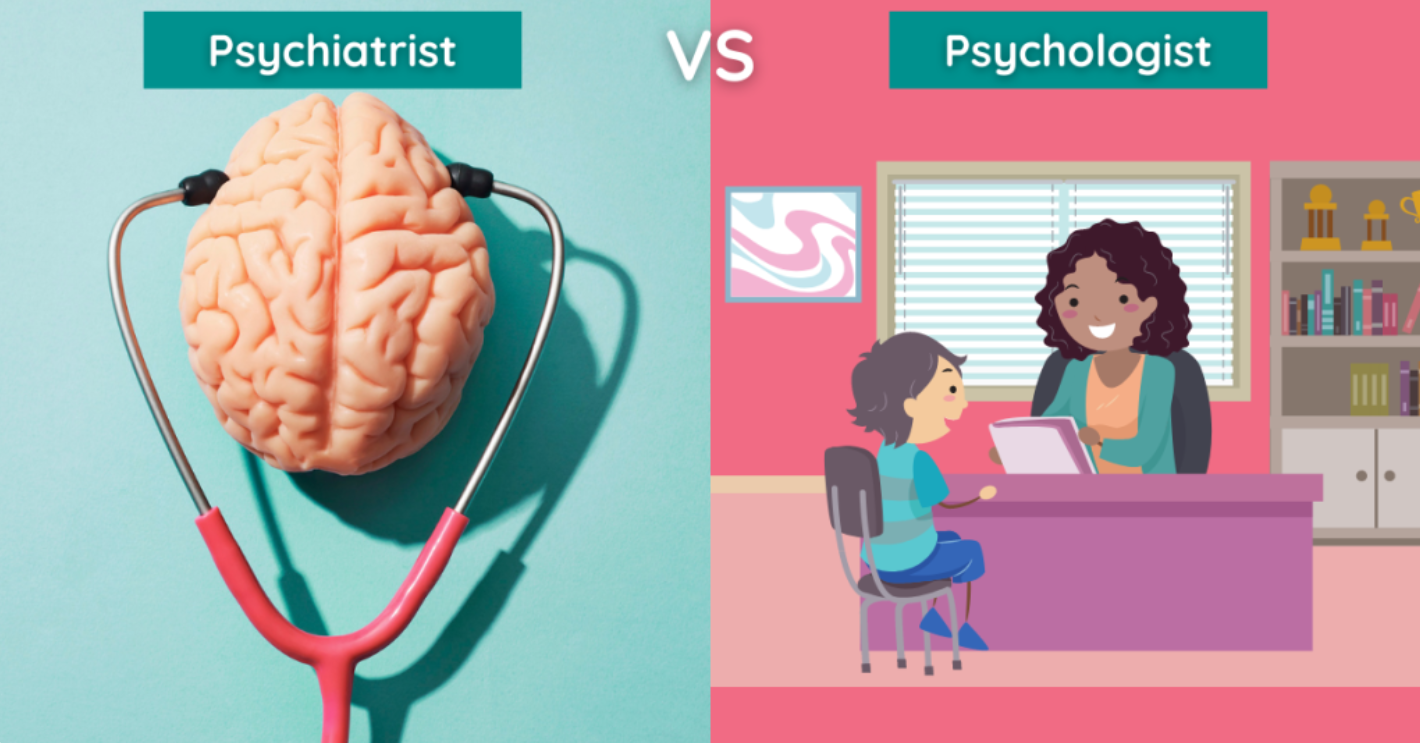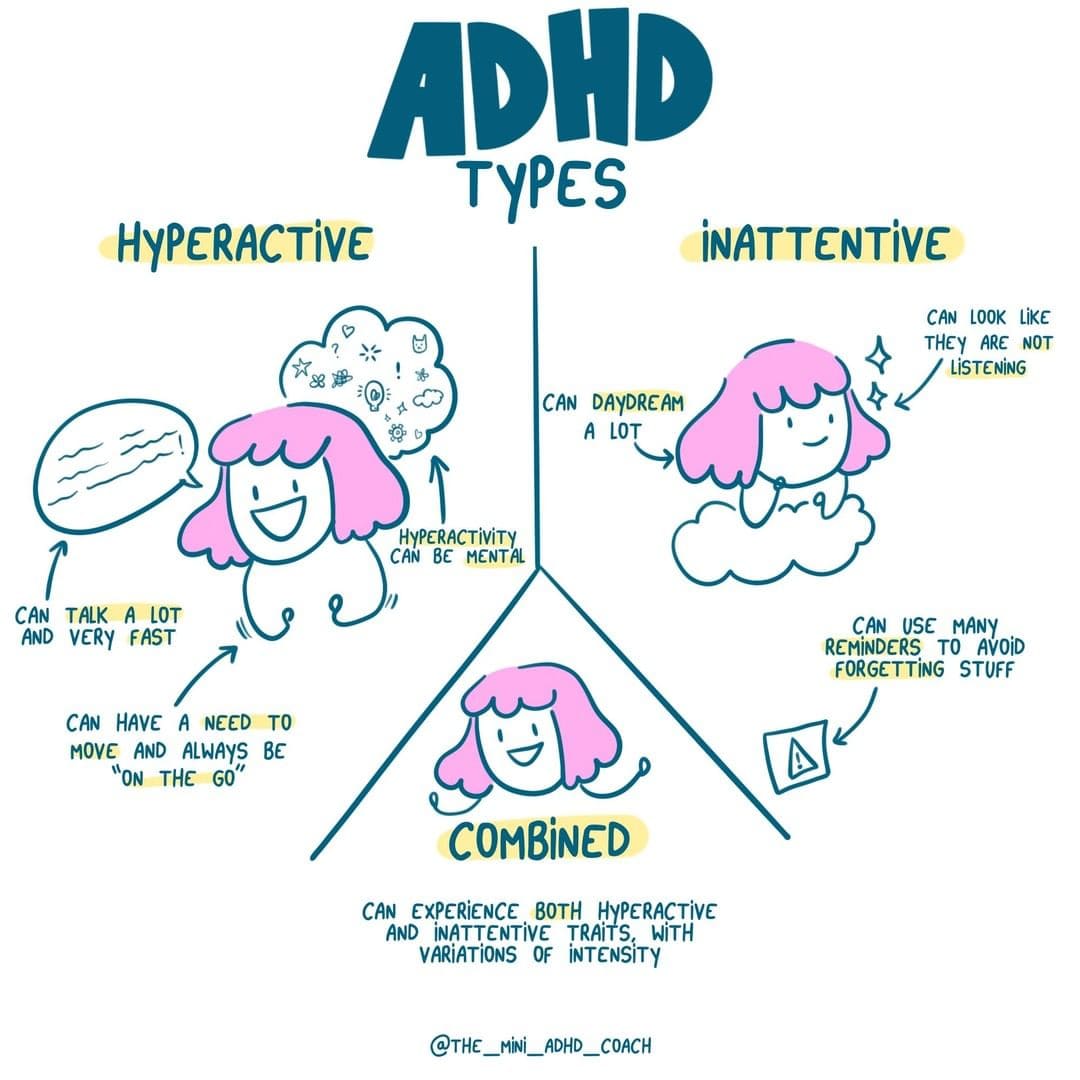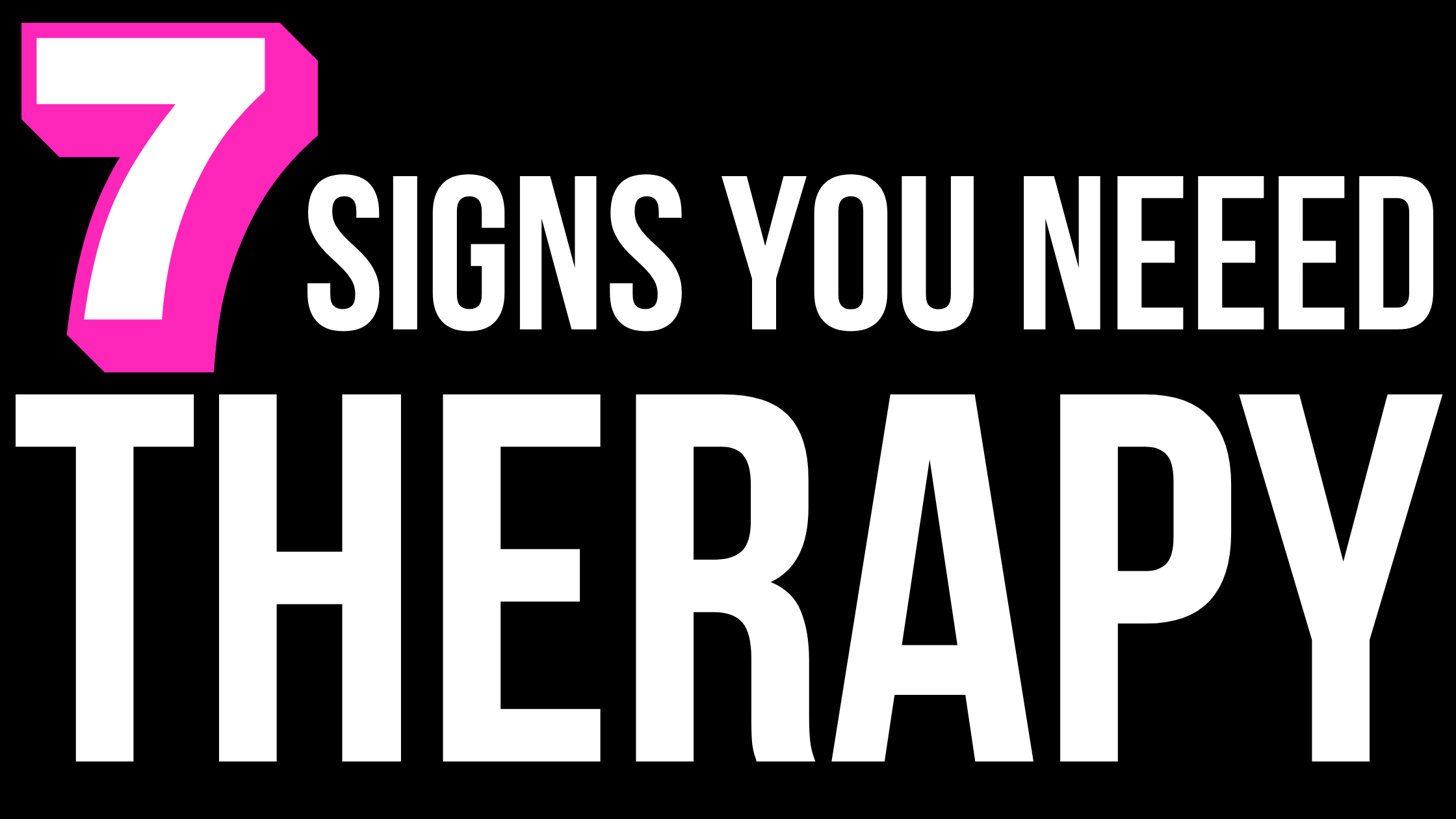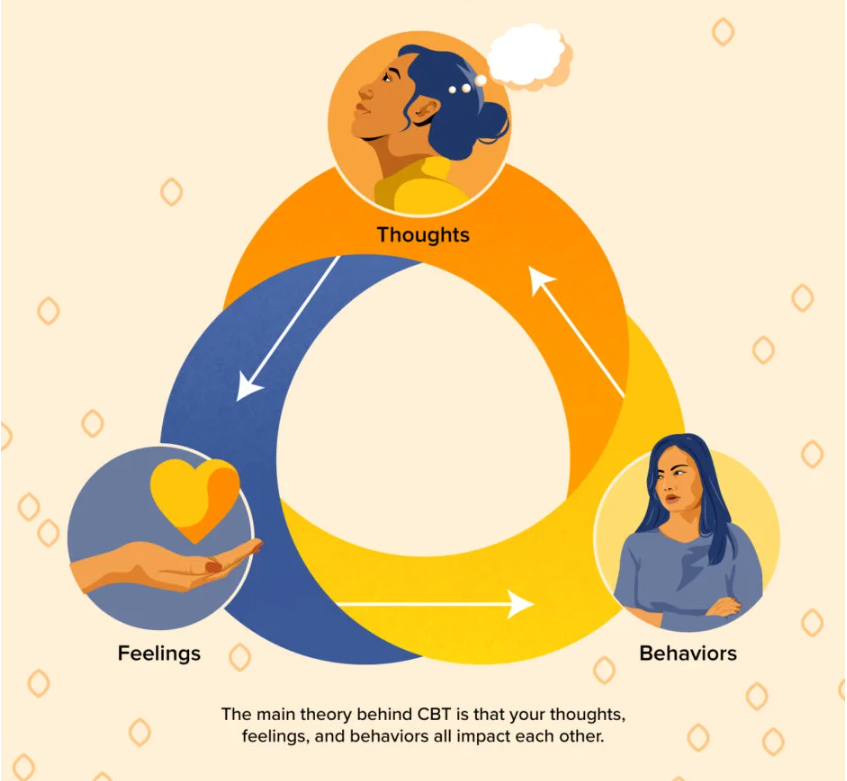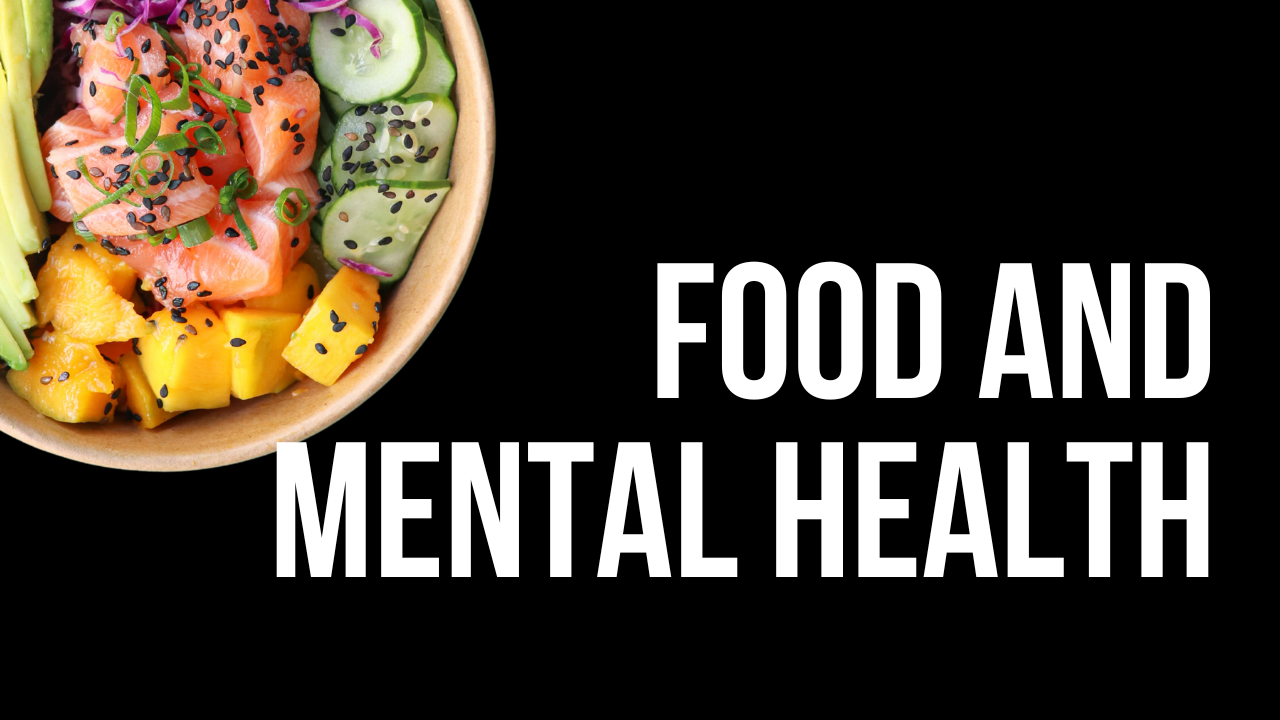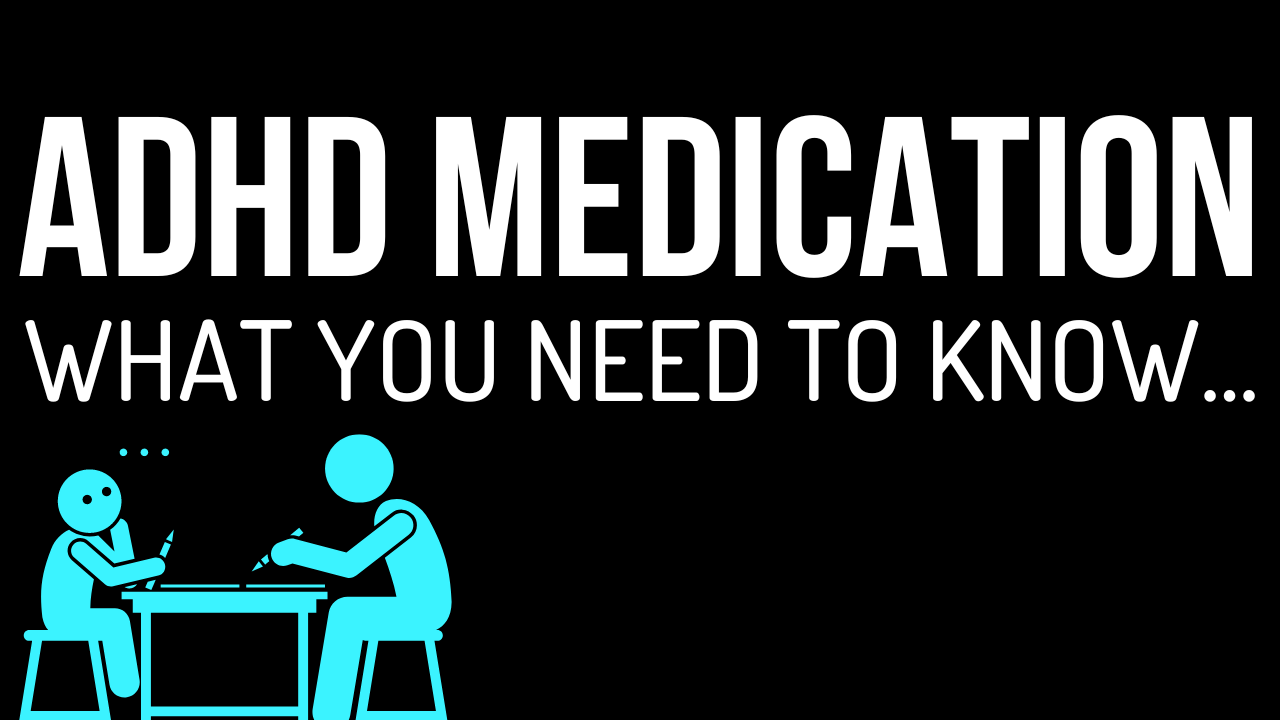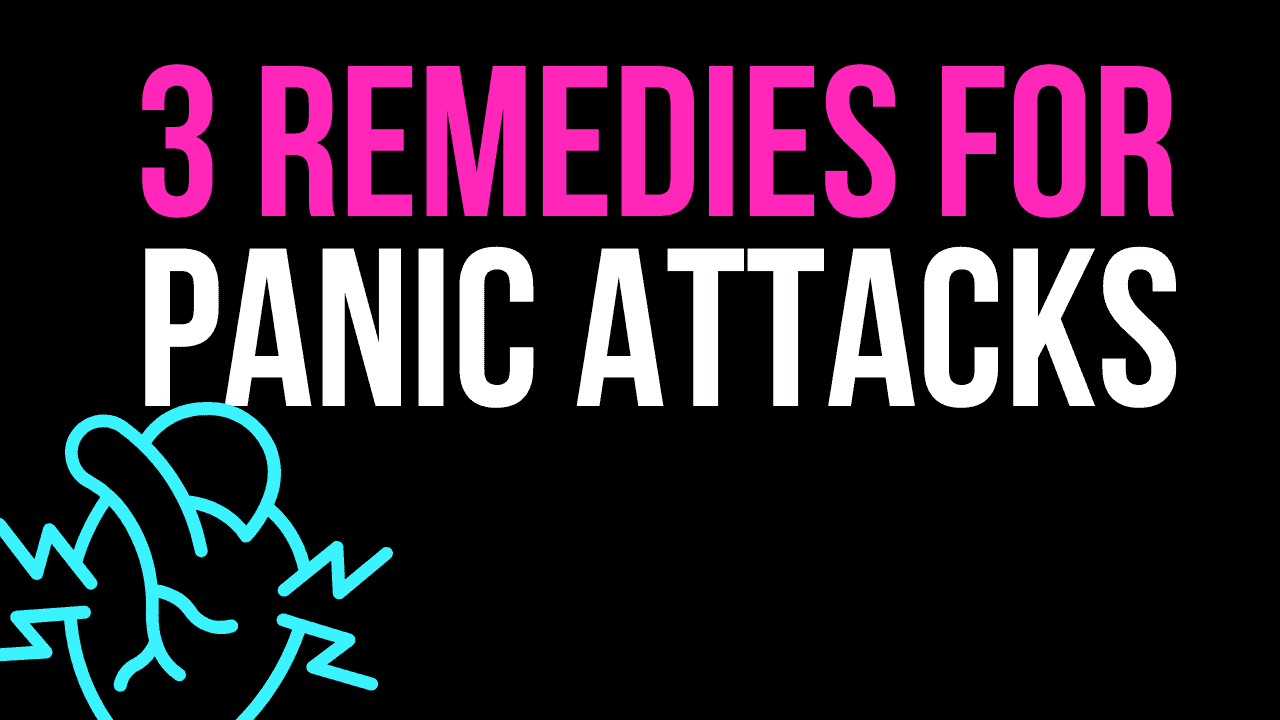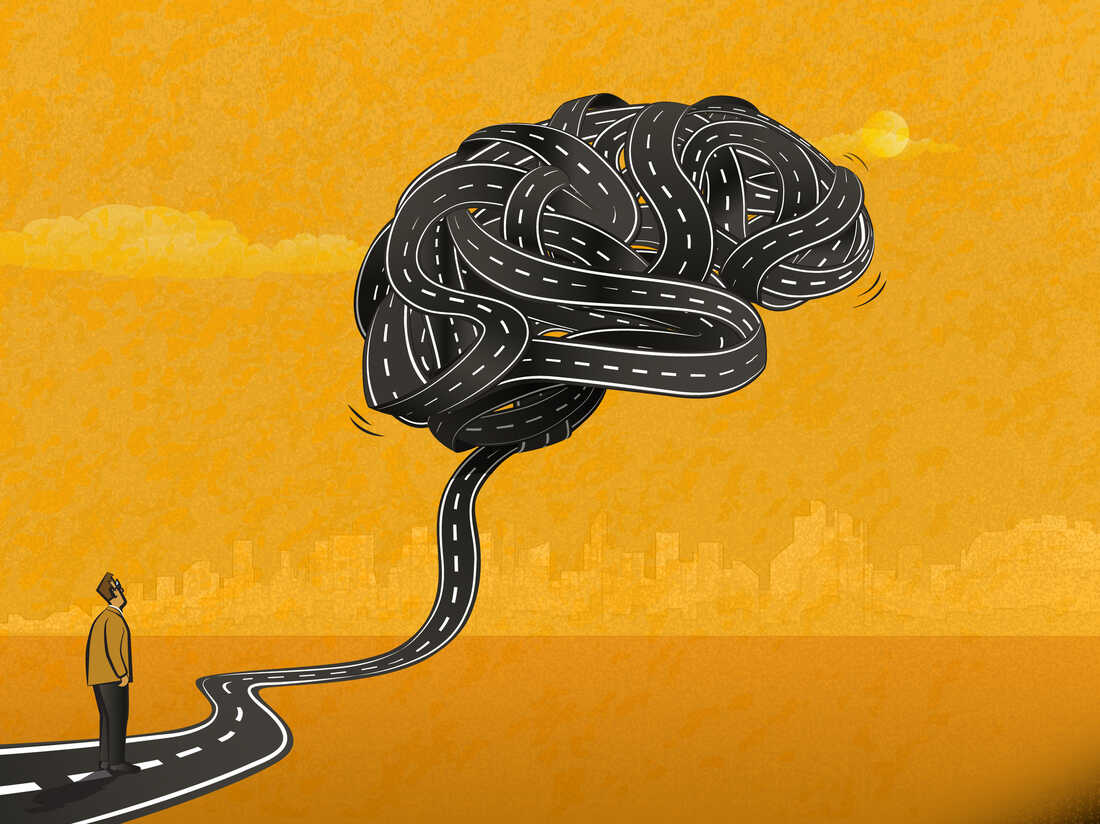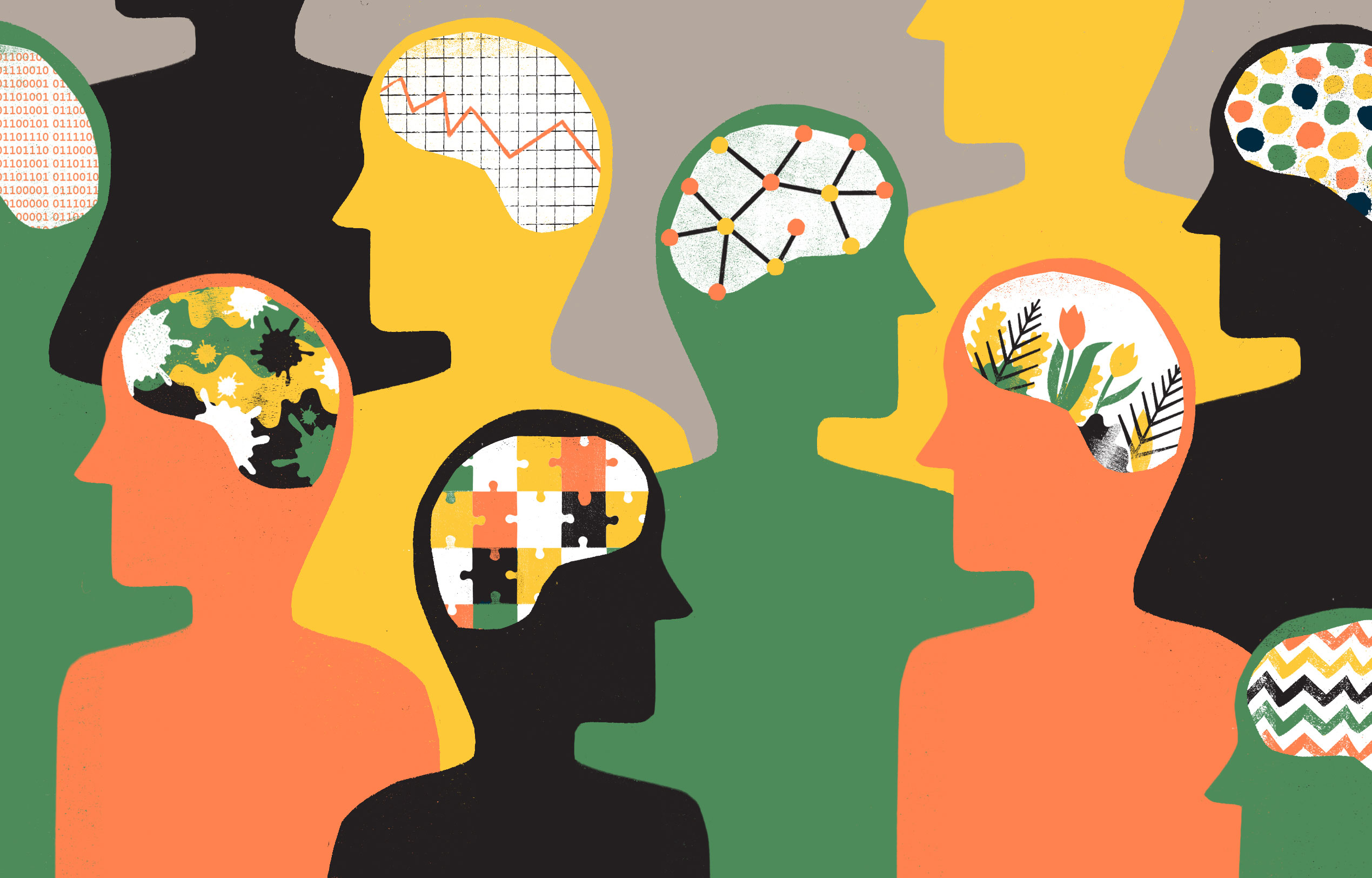Post Traumatic Stress Disorder (PTSD)

Post-traumatic stress disorder (PTSD) Trauma refers to a distressing event or a series of events that overwhelm an individual’s capacity to cope.
These events can pose physical or emotional threats, encompassing situations like accidents, natural disasters, violence, abuse, or the loss of a loved one. Trauma can leave enduring impacts on mental, emotional, and physical well-being.— either experiencing it or witnessing it. Symptoms may include flashbacks, nightmares and severe anxiety, as well as uncontrollable thoughts about the event.
Most people who go through traumatic events may have temporary difficulty adjusting and coping, but with time and good self-care, they usually get better. If trauma symptoms get worse, last for months or even years, and interfere with your day-to-day functioning, you may have PTSD. AMP Mental Health Psychiatry and Therapy is full of compassionate and empathetic mental health providers that are able to help you treat the symptoms of PTSD and regain your quality of life.
Types of Trauma
Understanding the different types of trauma is essential in recognizing and addressing the unique challenges individuals may face. At AMP Mental Health, we are committed to providing comprehensive support and treatment for various forms of trauma. These can include:
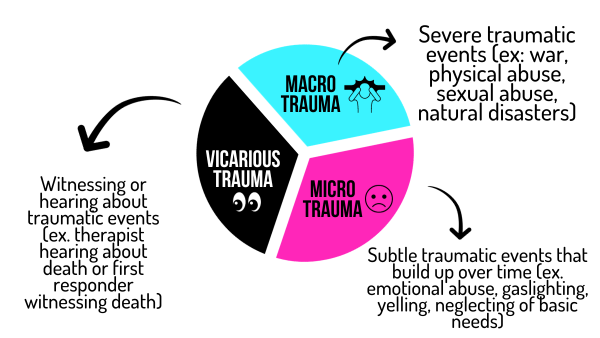
-
Macro/Acute Trauma: Acute trauma results from a single distressing event or a series of events with a clear beginning and end. This may include accidents, natural disasters, sexual abuse, physical abuse, war,etc. I
-
Micro/Chronic Traumas: Chronic trauma, also known as complex trauma, occurs over an extended period. It is often associated with ongoing situations such as abusive relationships, neglect, continual gaslighting, yelling,etc.
-
Complex Post-Traumatic Stress Disorder (C-PTSD):C-PTSD can arise from prolonged exposure to traumatic events, often within interpersonal relationships. It is characterized by a range of symptoms, including emotional dysregulation and challenges in forming and maintaining relationships.
Secondary Trauma/Vicarious: Individuals who work in professions that expose them to others’ traumatic experiences, such as first responders or healthcare workers, may develop secondary trauma. We provide specialized care to those dealing with the emotional toll of witnessing or responding to traumatic situations in their work.
Community Trauma: Community trauma encompasses events that impact an entire community, such as mass disasters, acts of terrorism, or large-scale accidents.
Medical Trauma: Experiencing a serious illness, surgery, or medical emergency can be traumatic.
- Developmental Trauma: Trauma experienced during childhood can have profound and lasting impacts. Our experts specialize in addressing developmental trauma, which may result from abuse, neglect, or dysfunctional family dynamics.
SYMPTOMS of trauma/PTSD
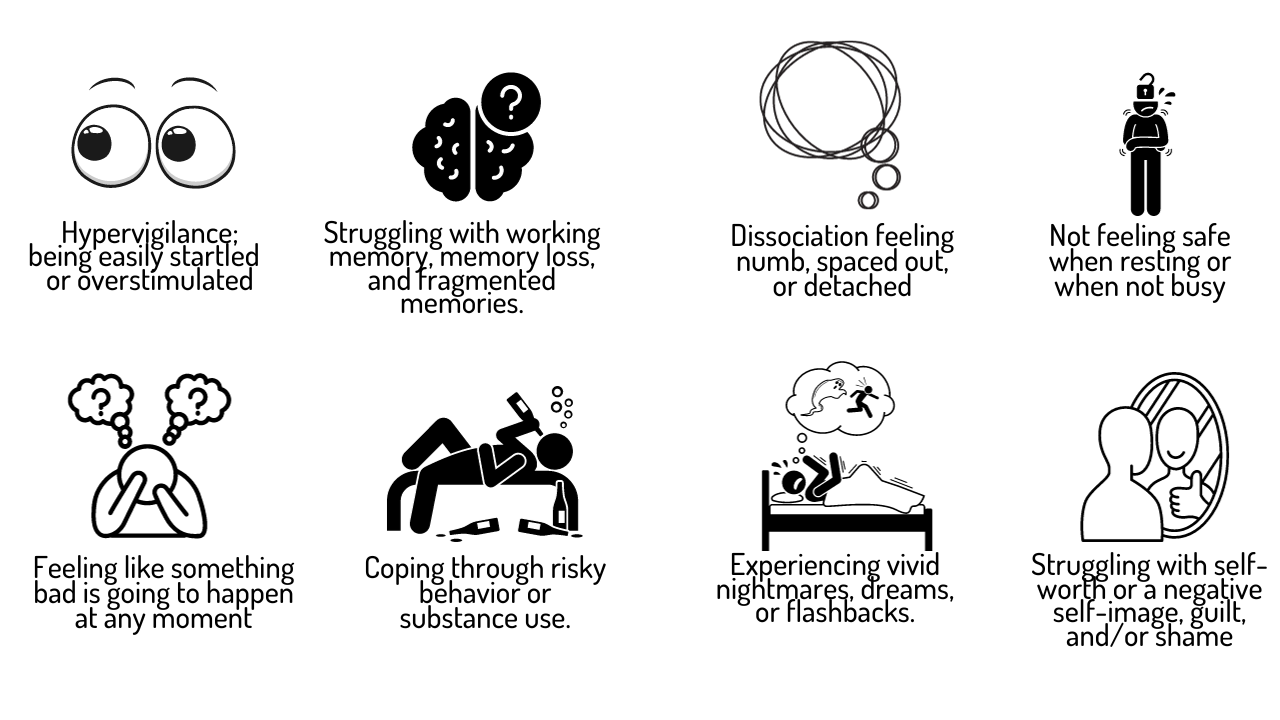 Trauma and PTSD symptoms are generally grouped into four types: intrusive memories, avoidance, negative changes in thinking and mood, and changes in physical and emotional reactions. Symptoms can vary over time or vary from person to person.
Trauma and PTSD symptoms are generally grouped into four types: intrusive memories, avoidance, negative changes in thinking and mood, and changes in physical and emotional reactions. Symptoms can vary over time or vary from person to person.
Intrusive memories
Symptoms of intrusive memories may include:
- Recurrent, unwanted distressing memories of the traumatic event
- Reliving the traumatic event as if it were happening again (flashbacks)
- Upsetting dreams or nightmares about the traumatic event
- Severe emotional distress or physical reactions to something that reminds you of the traumatic event
Avoidance Trauma symptoms
Symptoms of avoidance may include:
- Trying to avoid thinking or talking about the traumatic event
- Avoiding places, activities or people that remind you of the traumatic event
Negative changes in thinking and mood trauma symptoms
Symptoms of negative changes in thinking and mood may include:
- Negative thoughts about yourself, other people or the world
- Hopelessness about the future
- Memory problems, including not remembering important aspects of the traumatic event
- Difficulty maintaining close relationships
- Feeling detached from family and friends
- Lack of interest in activities you once enjoyed
- Difficulty experiencing positive emotions
- Feeling emotionally numb
Changes in physical and emotional reactions
Symptoms of changes in physical and emotional reactions (also called arousal symptoms) may include:
- Being easily startled or frightened
- Always being on guard for danger
- Self-destructive behavior, such as drinking too much or driving too fast
- Trouble sleeping
- Trouble concentrating
- Irritability, angry outbursts or aggressive behavior
- Overwhelming guilt or shame
TREATMENT for pTSD and TRAUMA
Talk therapy for trauma
Therapy serves as a safe and confidential space where you can explore your thoughts, feelings, and experiences related to trauma. Our licensed therapists and psychologists specialize in trauma-focused approaches, guiding you through the process of understanding, processing, and eventually finding relief from the impact of trauma.
- Cognitive Behavioral Therapy (CBT) This structured therapy helps you identify and modify negative thought patterns and behaviors stemming from trauma. CBT empowers you to develop healthier coping strategies and regain a sense of control.
- Prolonged Exposure (PE)
PE teaches you to gradually approach trauma-related memories, feelings, and situations that you have been avoiding since your trauma. - Eye Movement Desensitization and Reprocessing (EMDR): EMDR is a powerful therapy that focuses on processing traumatic memories and reducing their emotional charge. Through guided eye movements, you can reprocess memories in a way that promotes healing. EMDR helps you process and make sense of your trauma while paying attention to a back-and-forth movement or sound (like a finger waving side to side, a light, or a tone).
Medication for Trauma
Medications used to treat PTSD can provide relief from the distressing symptoms that often accompany trauma. While medication alone may not completely eliminate PTSD, it can significantly alleviate symptoms, making it easier for you to engage fully in therapy and regain a sense of control over your life.
- Selective Serotonin Reuptake Inhibitors (SSRIs): These antidepressants, such as Sertraline and Paroxetine, are often the first-line choice for treating PTSD. They work by increasing the availability of serotonin in the brain, which can help regulate mood, sleep, and anxiety.
Serotonin-Norepinephrine Reuptake Inhibitors (SNRIs): Medications like Venlafaxine target both serotonin and norepinephrine, providing a broader spectrum of symptom relief. SNRIs can be particularly helpful in managing both emotional and physical symptoms of PTSD.
Prazosin: This medication is commonly used to alleviate nightmares and sleep disturbances associated with PTSD. By targeting the adrenaline response, Prazosin can improve sleep quality and reduce nighttime disturbances.
Anti-Anxiety Medications: Benzodiazepines may be prescribed on a short-term basis to manage severe anxiety and panic symptoms. However, they are typically used with caution due to the risk of dependence.
Note: Benzodiazepines should not be used for PTSD. This is because benzodiazepines are medications given by a doctor to improve anxiety and sleep, but can make the symptoms of PTSD much worse in patients.
BLOGS:
REQUEST AN APPOINTMENT
OUR OFFICE IS IN THE HEART OF MIAMI
1411 SW 22nd St
Miami, FL 33145
HEALING HOURS



